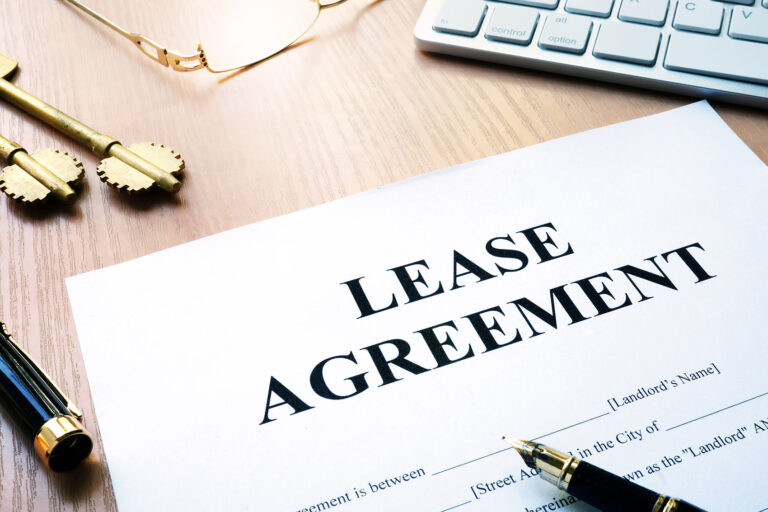Always Remember
- You are allowed by Colorado law to take video of the actions of on-duty police in public areas as long as you don’t interfere with what they’re doing.
- Police officers should never use more force than is reasonable. Tasing, use of pepper spray, handcuffing, or causing an injury can all qualify as excessive use of force.
- A police officer should never harass or bully you or make fun of a personal characteristic, like your race, ethnicity, or sexual orientation.
If You Are Stopped or Questioned By Police
- Stay calm. Don’t argue, resist, run away, or interfere with the officer (even if you think s/he is wrong). You can ask calmly if you’re free to leave. If yes, calmly and silently walk away.
- If a police officer tells you that you are not free to go, in Colorado they have the right to require you to identify yourself.
- Know that you can assert your right to remain silent and can answer any question by saying “I want to remain silent.” You also have the right not to write or sign a statement. If you choose to speak or write about what happened, your words can be used against you.
- If you think you want to make a statement, you can ask to have a lawyer present before you are questioned. If you talk, your words can still be used against you, but it’s the best way to protect your rights.
- Afterwards, write down everything you remember (like the officer’s badge number and name, who else was there, and what happened).
Arrests
- If you’re arrested, ask for a lawyer immediately. Be smart: never resist an arrest or fight an officer.
- A police officer can only arrest you if s/he knows facts (not a rumor or guess) indicating that you probably committed a crime.


